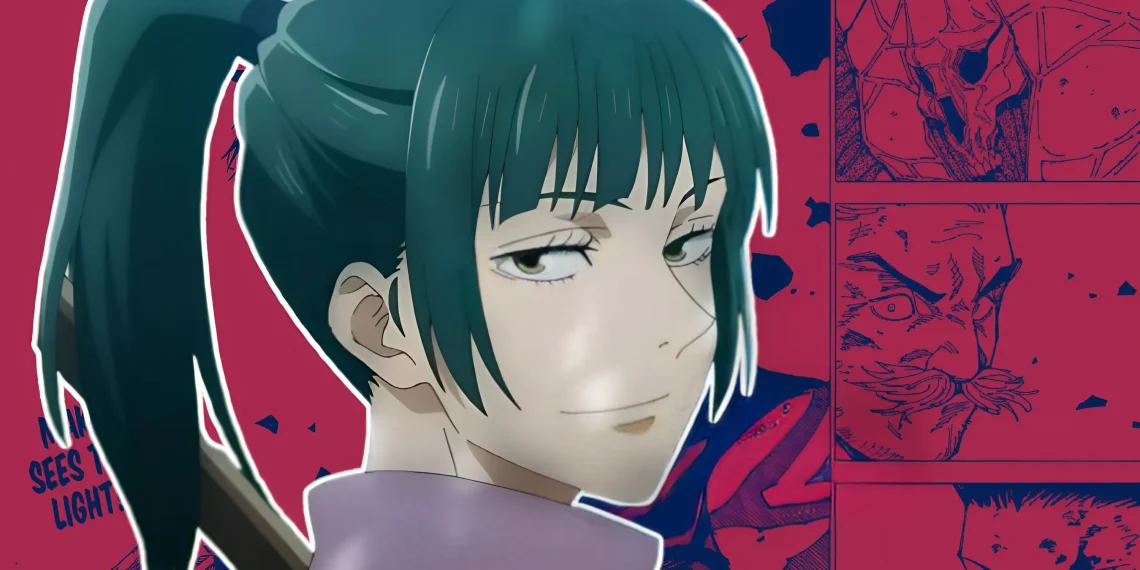The Jujutsu Kaisen series is a masterclass in delivering complex, layered storytelling with intense emotional and physical stakes for its characters.
Among the many gripping arcs and profound character developments, the twin sisters Maki and Mai Zen’in stand out as pivotal figures in shaping the narrative.
While Mai’s role may initially seem minor, her death during the Culling Games arc is a transformative event that dramatically shifts the story’s course.
This moment not only changes Maki’s trajectory as a Jujutsu sorcerer but also raises an important question: what if Mai Zen’in had never existed in the first place?
Such a thought experiment unlocks countless possibilities and raises compelling implications about how Jujutsu Kaisen would have unfolded.
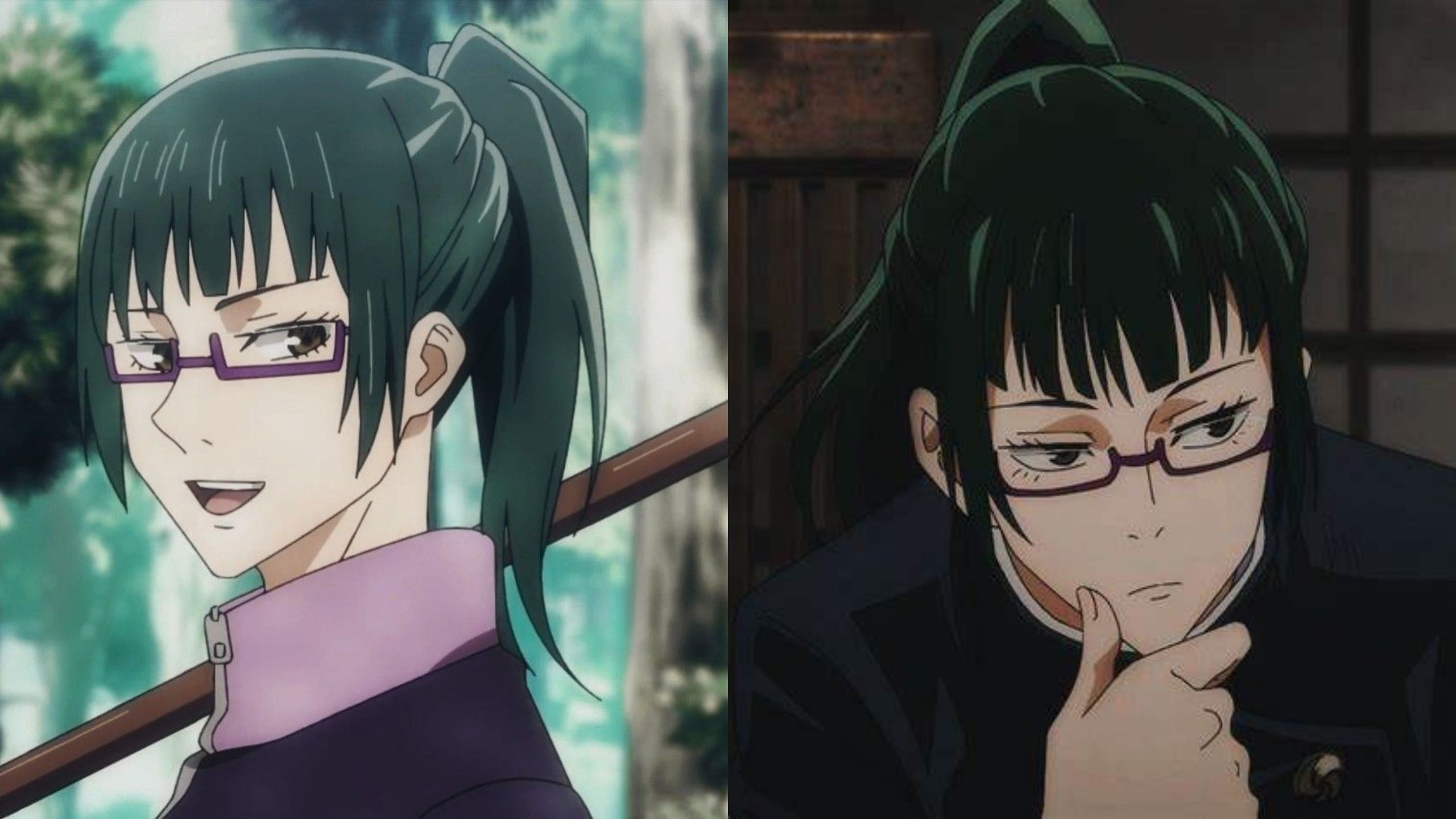
Without Mai, Maki would have gained her incredible strength far earlier, reaching a power level comparable to Toji Zen’in from the very beginning.
This single change could have drastically altered major events, reducing tragedies, preventing losses, and even reshaping the final plot of the series.
Exploring these possibilities provides insight into how deeply intertwined the Zen’in twins are with the core of the Jujutsu Kaisen story.
The Importance of Mai Zen’in
Mai Zen’in may not be a central character like Yuji Itadori or Satoru Gojo, but her presence in the narrative is indispensable.
As Maki’s twin sister, Mai shares a profound bond with her sibling, but she also represents a tragic contrast to Maki’s unyielding determination.
While Maki chooses to defy the Zen’in clan and their oppressive traditions, Mai struggles to escape their toxic influence.
This difference in their personalities creates tension between them, ultimately culminating in Mai’s sacrifice a moment that solidifies Maki’s transformation.
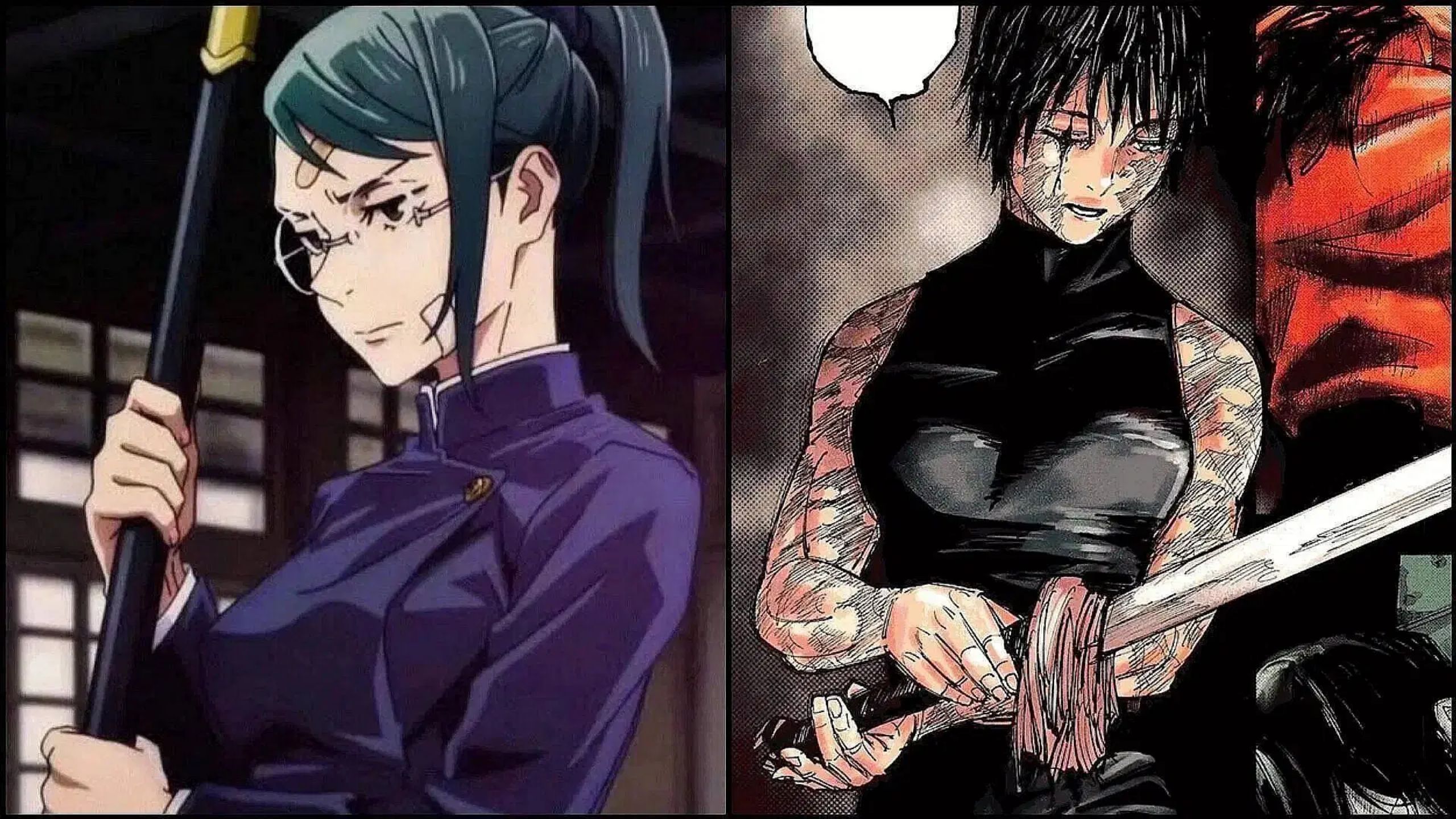
Mai’s death isn’t just an emotional turning point; it is a narrative catalyst. Her passing unlocks Maki’s full potential due to their twin bond, transferring her cursed energy and enabling Maki to achieve a level of strength that rivals Toji Zen’in.
This transformation improvise Maki into one of the most formidable Jujutsu sorcerers, but it comes at a steep cost, both for her personally and for the larger story.
How Maki’s Strength Could Have Changed Everything
To understand the ramifications of Mai’s absence, it’s essential to consider how Maki’s life and the overarching plot of Jujutsu Kaisen might have changed if she had been as powerful as Toji from the beginning.
A Different Childhood for Maki
One of the most significant consequences of Maki’s strength is how it would have altered her relationship with the Zen’in clan.
In the canon timeline, Maki is subjected to relentless abuse and discrimination because of her lack of cursed energy. The Zen’in clan devalues her existence, labeling her a failure unworthy of their name.
However, if Maki had displayed her immense strength early on, the Zen’in clan would have been forced to recognize her as a powerful asset.
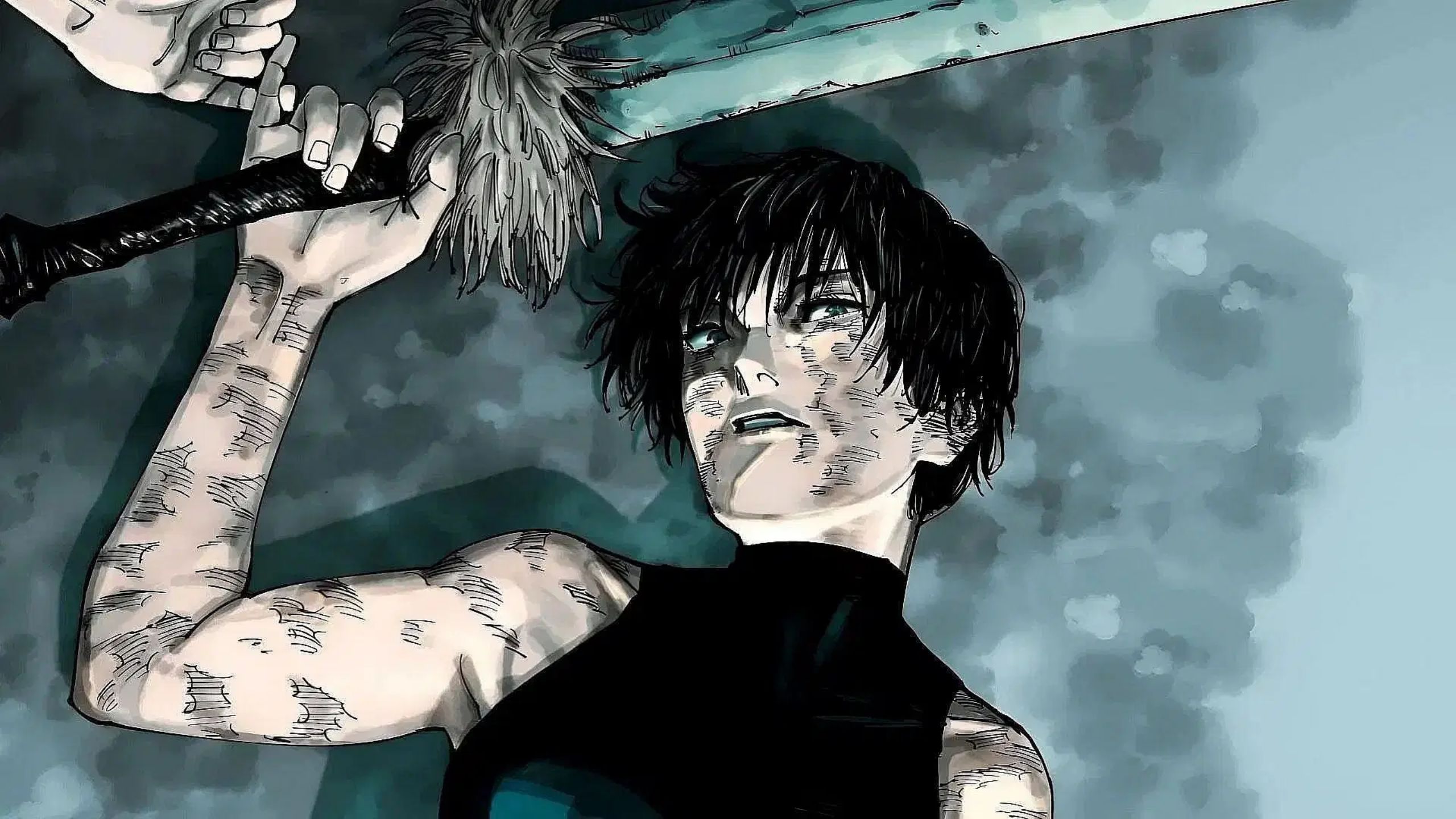
This change in dynamics could have spared Maki years of physical and emotional torment.
While the clan might still harbor resentment or fear toward her, their outright hostility would likely have been tempered by the reality of her overwhelming power.
Early Sorcery Training
With her strength recognized early, Maki’s path as a Jujutsu sorcerer might have begun under vastly different circumstances.
She still would have likely sought Satoru Gojo’s mentorship, driven by her desire to prove herself and spite her clan. However, her training under Gojo would have been far more effective, given her enhanced abilities.
This earlier start to her development as a sorcerer would have allowed Maki to master her skills at a much faster rate, potentially surpassing many of her peers long before the events of the series.
This additional experience could have made her an even more valuable ally in critical battles, drastically altering the outcomes of several key arcs.
The Ripple Effect of Maki’s Power
Maki’s early access to her full strength would have created a ripple effect throughout the Jujutsu Kaisen story. Her enhanced abilities and presence in pivotal moments would have changed the course of events in profound ways.
Preventing Suguru Geto’s Possession
One of the most significant points of separation lies in Maki’s potential clash with Suguru Geto.
In the canon timeline, Geto’s defeat and subsequent possession by Kenjaku set the stage for many of the series’ darkest events, including the Culling Games.
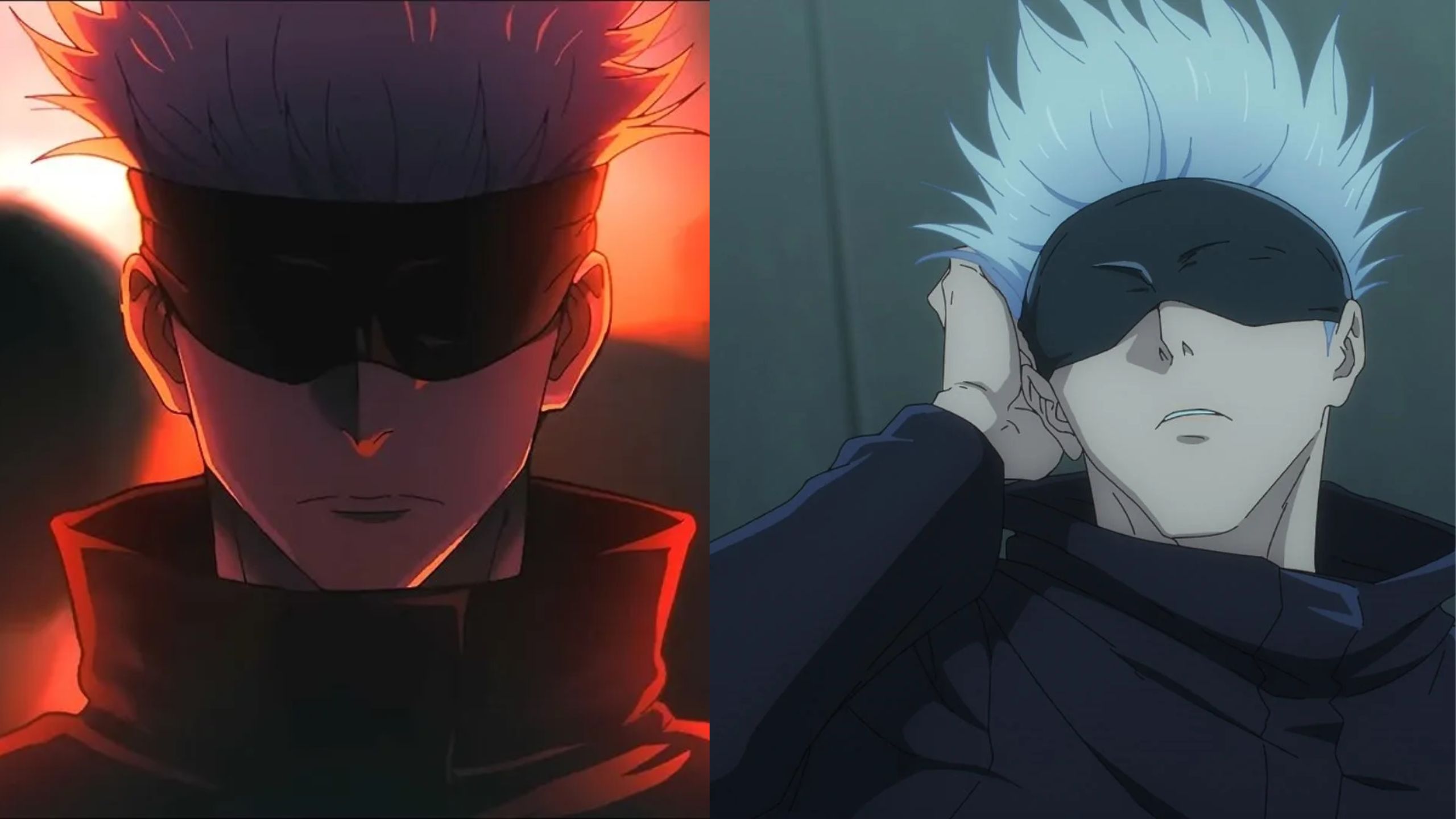
If Maki had been as strong as Toji Zen’in during their confrontation, she might have been able to defeat Geto before Kenjaku could take over his body.
This victory would have had enormous repercussions. Without Geto’s body, Kenjaku would have been unable to use the Cursed Spirits Manipulation technique to control Mahito and his Idle Transfiguration ability.
As a result, the Culling Games one of the most catastrophic arcs in the series would never have taken place. This change alone could have saved countless lives and spared the Jujutsu world from immense chaos.
A Different Shibuya Incident
Even if the Shibuya Incident arc occurred despite Maki’s strength, the outcome would have been vastly different.
In the canon timeline, the Shibuya Incident is marked by devastating losses, including the deaths of Naobito Zen’in and Nanami Kento, as well as the critical injuries sustained by other sorcerers.
With Maki’s enhanced abilities, many of these tragedies could have been averted. For example, Maki’s strength would have made her a formidable opponent against Dagon, a powerful cursed spirit responsible for several casualties.
Her intervention could have ensured the survival of Naobito, Nanami, and other key characters, preserving vital allies for future battles.
Strengthening the Sorcerers’ Ranks
Beyond individual battles, Maki’s power would have had a broader impact on the Jujutsu sorcerers’ final preparedness.
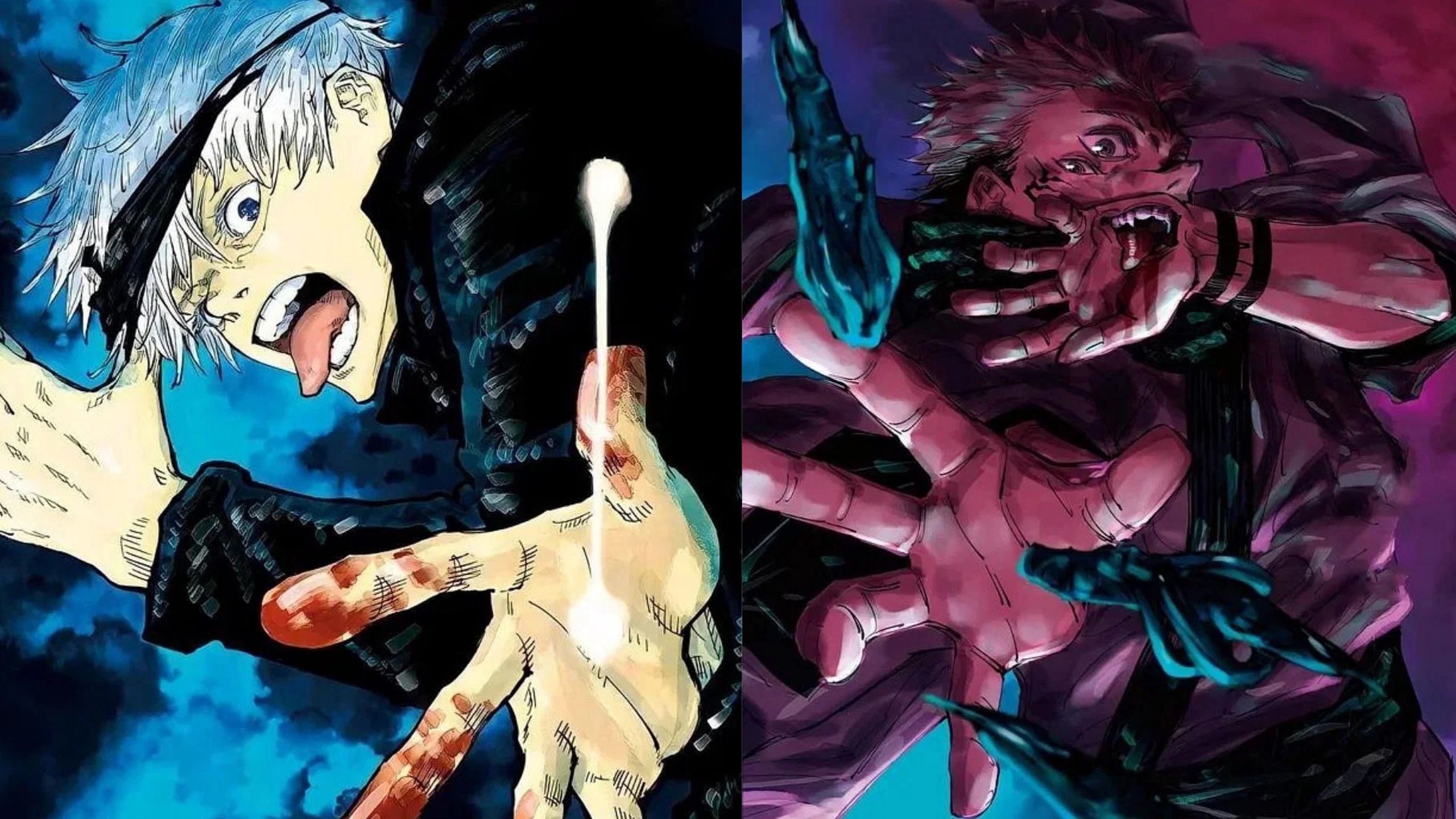
With her skills honed to Toji’s level from an early age, Maki would have been a central figure in organizing and leading efforts against threats like Kenjaku and Sukuna.
Her contributions could have strengthened the sorcerers’ ranks and provided a critical edge in their fight for survival.
The Zen’in Clan’s Fate
Another major area of impact lies in the fate of the Zen’in clan. In the canon timeline, Maki’s slaughter of the Zen’in clan is a direct response to Mai’s death and the toxic legacy of their family.
This act serves as both revenge and a symbolic severing of ties with her oppressive lineage. However, if Mai had never existed, this chain of events might not have occurred.
Without Mai’s influence, Maki might not have felt the same compulsion to destroy the Zen’in clan, and characters like Naobito Zen’in could have survived.
In this alternate timeline, the Zen’in clan might have remained intact, albeit with a vastly different power dynamic due to Maki’s strength.
A functional Zen’in clan, led by Naobito and bolstered by Maki’s abilities, could have become a valuable ally in the larger fight against Kenjaku and Sukuna.
This change would have had far-reaching implications for the series, potentially shifting the balance of power in favor of the sorcerers.
Collaboration with Yuki Tsukumo
In the original storyline, Yuki Tsukumo is deeply interested in the concept of Heavenly Restriction, particularly as it relates to Toji Fushiguro.
If Maki had exhibited Toji-level power from the beginning, Yuki likely would have sought her out for collaboration and research.
This partnership could have led to significant advancements in understanding cursed energy and its applications.
With Maki as a case study, Yuki might have developed groundbreaking techniques or strategies to combat cursed spirits and other threats.
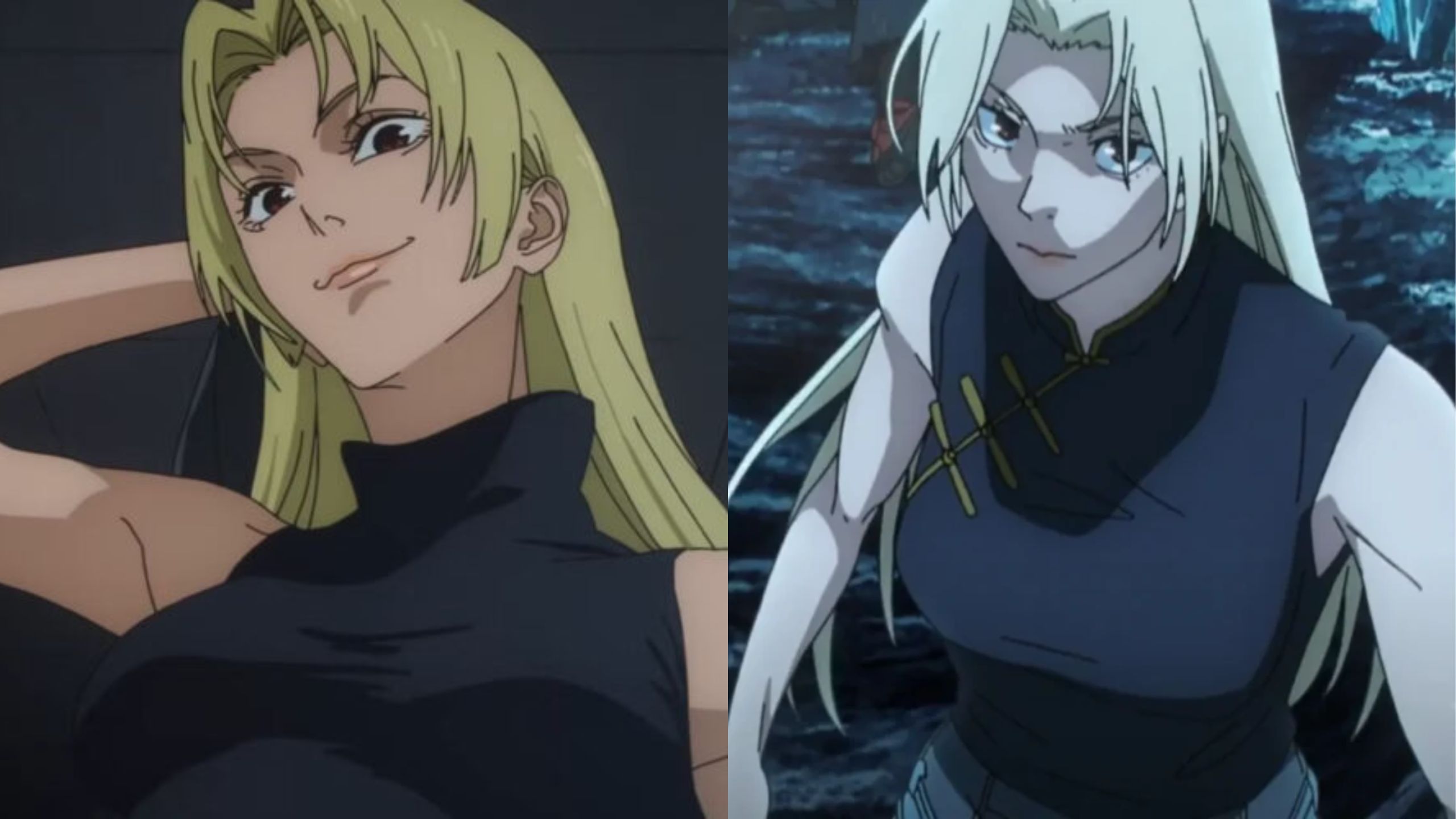
These discoveries could have provided the sorcerers with new tools and insights, further strengthening their position against Kenjaku and Sukuna.
Maki’s Role in the Final Battle
Maki Zen’in’s contributions to the final battle against Ryomen Sukuna are already significant, but her role could have been even more impactful if she had been training at her peak strength throughout her life.
Her experience and power would have made her an even more central figure in the fight, potentially altering the outcome of the battle.
Beyond her individual contributions, Maki’s presence as a leader and strategist would have been invaluable.
Her enhanced abilities and tactical acumen could have provided the sorcerers with a critical edge, ensuring their survival and success in the final confrontation.
The Emotional Depth of Maki’s Journey
While it’s fascinating to imagine an alternate timeline where Maki Zen’in accessed her full strength from the beginning, it’s important to recognize the emotional depth and thematic resonance of the original story.
Maki’s growth is deeply tied to her struggles and the sacrifices she endures, particularly the loss of her sister, Mai.
Mai’s death is a turning point that forces Maki to confront her own limitations and embrace her potential.
This moment underscores the series’ recurring themes of loss, resilience, and the bonds that shape us.
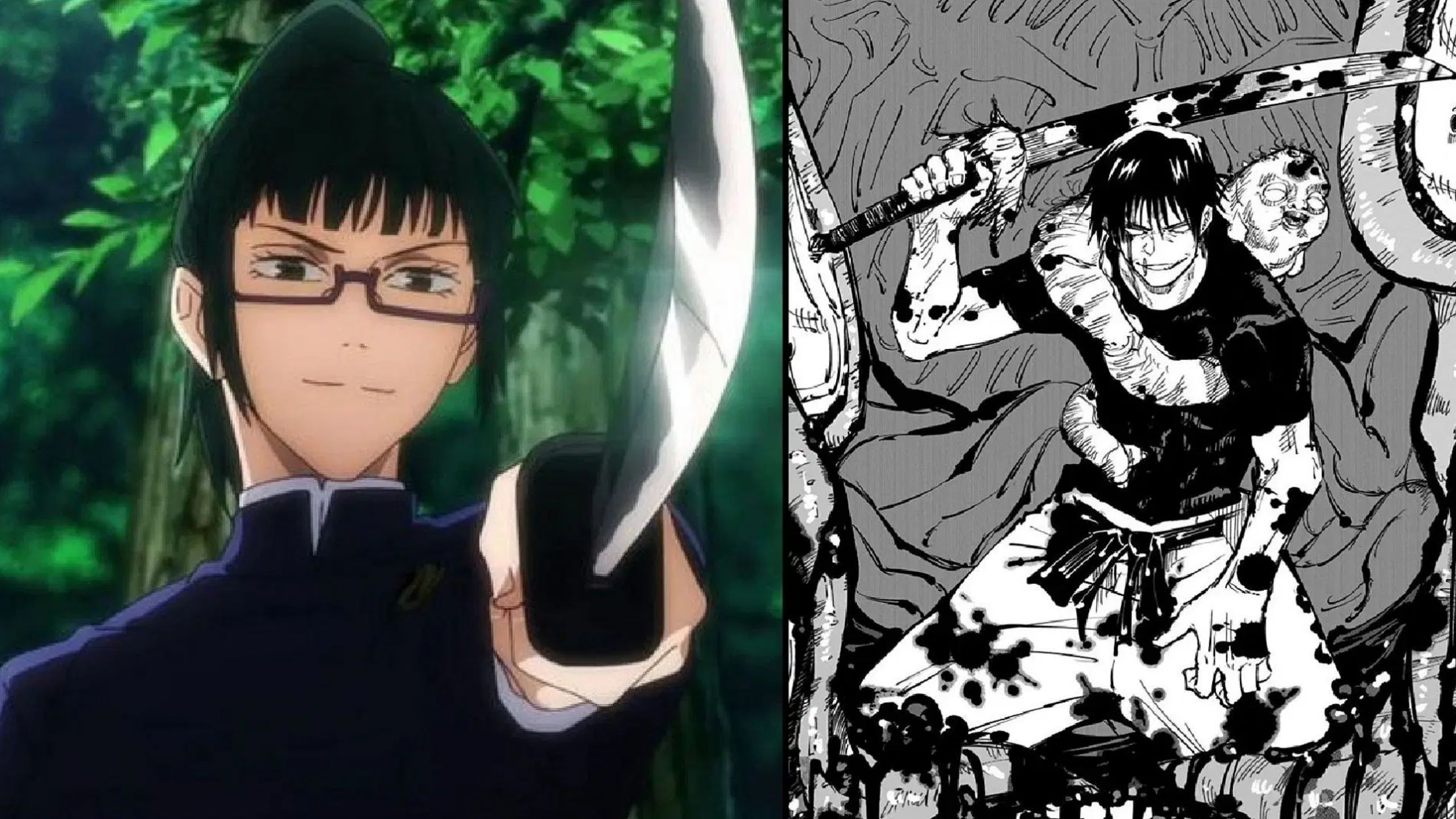
By overcoming these challenges, Maki emerges as a stronger, more determined character, embodying the spirit of perseverance that defines Jujutsu Kaisen.
The narrative of Jujutsu Kaisen is a drapes woven with intricate character arcs and profound moments of transformation.
Maki and Mai Zen’in’s story is a testament to the power of sibling bonds and the sacrifices that drive personal growth.
While imagining a world without Mai offers intriguing possibilities, it also highlights the importance of her role in shaping Maki’s journey.
Maki’s evolution, fueled by struggle and loss, serves as a powerful reminder of the resilience and strength that lies within us all.
Through her story, Jujutsu Kaisen delivers a poignant message about the enduring impact of love, sacrifice, and determination in the face of overwhelming odds.

